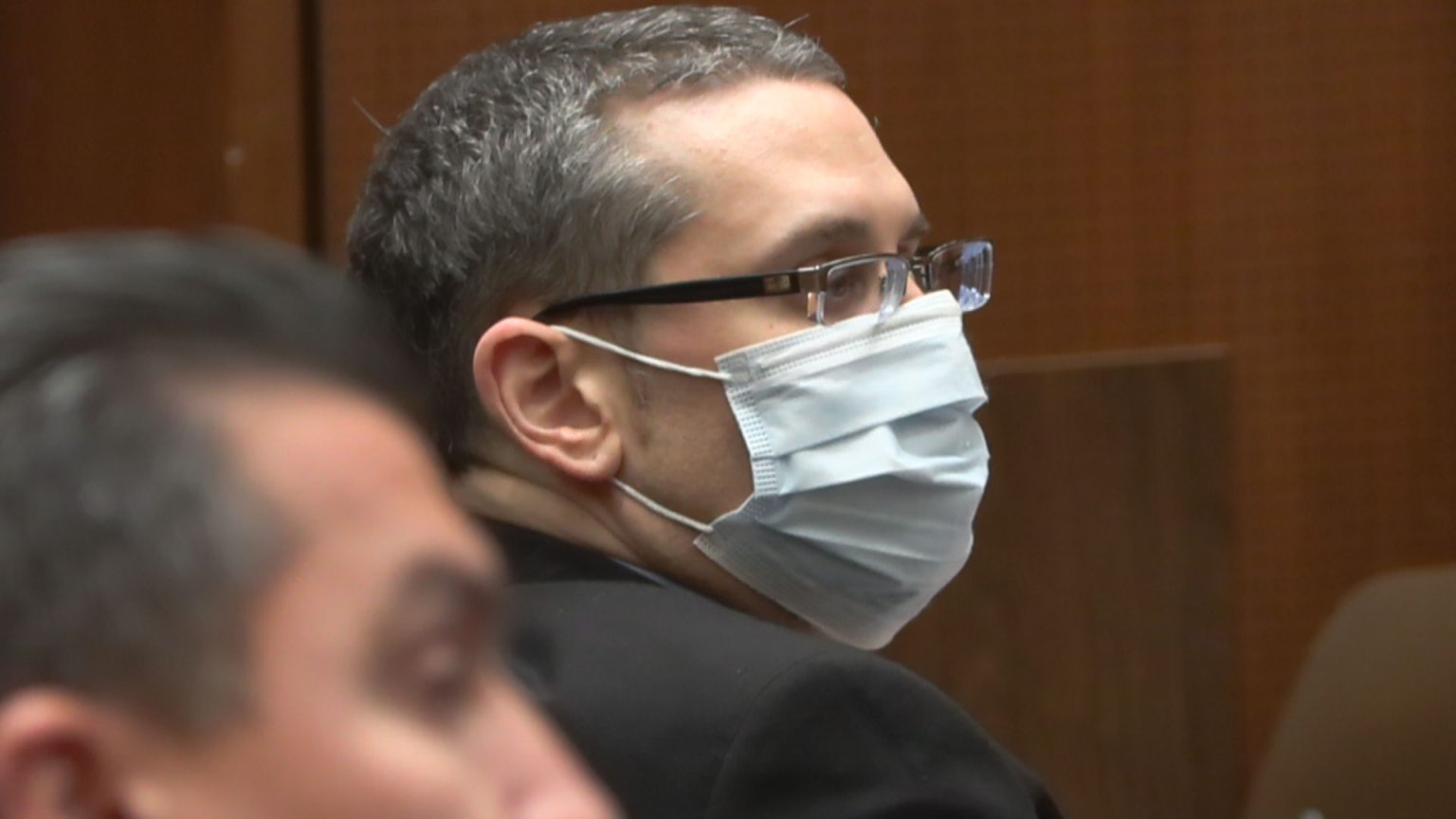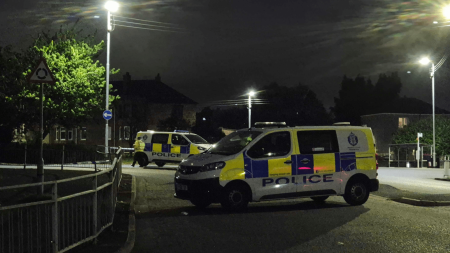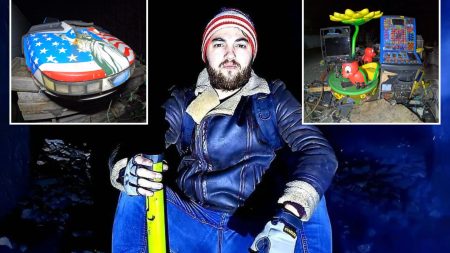David Pearce, a Hollywood producer, stands accused of the murders of model Christy Giles and her friend, Hilda Marcela Cabrales-Arzola, after a night out in November 2021. The trial, which commenced in Los Angeles in January 2025, has already witnessed a series of dramatic developments. Pearce faces two counts of murder, along with several unrelated sexual assault charges involving seven women over a period spanning from 2007 to 2020. His former roommate, Brandt Osborn, is charged as an accessory after the fact, accused of assisting Pearce in transporting the women’s bodies to separate hospitals after they were found unresponsive. Pearce has pleaded not guilty to all charges, while Osborn has also maintained his innocence.
The early stages of the trial have been marked by controversy, with prosecutors alleging Pearce attempted to manipulate the jury. They presented evidence of a phone call Pearce allegedly made to his mother from jail, during which he claimed to possess information about the jurors’ identities and workplaces. Prosecutors argue that Pearce was seeking to orchestrate a mistrial through these actions. The judge responded by implementing stringent restrictions, prohibiting Pearce from making phone calls or receiving visitors, with communication limited to his legal team. The incident underscores the high-stakes nature of the trial and the lengths to which the accused may be willing to go.
The prosecution has painted a disturbing portrait of Pearce, characterizing him as a "sexual predator" with a history of preying on women. They intend to present testimony from several "Jane Does" who allege they were drugged and sexually assaulted by Pearce. Prosecutors contend that a pattern of behavior emerged, culminating in the tragic deaths of Giles and Cabrales-Arzola. The victims were last seen at a warehouse party in Los Angeles before returning to Pearce and Osborn’s apartment. They subsequently sent texts expressing discomfort and ordered an Uber, but never boarded the vehicle. Giles was later discovered dead outside a hospital, while Cabrales-Arzola was found in critical condition at another hospital and subsequently died.
Surveillance footage captures masked individuals in an unlicensed vehicle dropping off the women at the hospitals. Prosecutors also presented images of the defendants carrying the women’s lifeless bodies from their apartment. They argued that Pearce failed to seek medical assistance, allegedly telling acquaintances that "dead girls don’t talk." The prosecution seeks to establish a clear connection between Pearce’s actions and the deaths of the two women. The fathers of both victims have expressed their profound grief and desire for justice. Luis Cabrales Rivera, Cabrales-Arzola’s father, has shared his emotional turmoil, describing the immeasurable pain of losing a child.
The defense has countered the prosecution’s narrative by suggesting the women were responsible for their own demise due to their alleged drug use. They claim the victims had their own supply of drugs and willingly consumed them on the night in question. Toxicology reports confirmed the presence of multiple substances in both women’s systems, including cocaine, fentanyl, GHB, and ketamine. The defense maintains that the deaths were accidental overdoses, not the result of malicious intent on the part of Pearce or Osborn. Osborn’s attorney claims he was unaware of any illicit activities occurring at the apartment and was asleep during the critical period.
The trial, which is expected to span several weeks, will continue with witness testimony and the presentation of further evidence. The prosecution and defense will present their respective cases, aiming to convince the jury of their version of events. The outcome will hinge on the jury’s assessment of the credibility of witnesses, the strength of the evidence, and the persuasiveness of the legal arguments. The emotional weight of the case, coupled with the complex legal questions involved, make it a closely watched and highly sensitive legal proceeding.











